At some point in life, we’ve all felt lonely or isolated. Remember how it felt during the COVID-19 pandemic? Those days taught me just how important it is to have effective coping techniques to combat the heavy feelings of loneliness and isolation. These emotions don’t just affect your mood—they can take a toll on both your physical and mental health. 😔
What is Loneliness and Isolation?
Loneliness is the feeling of emotional distance even when you’re surrounded by people. It’s that sense of disconnect when you can’t find others who truly understand your feelings or share your worldviews.
Isolation, on the other hand, is the physical separation from social interactions. Whether it’s due to personal choice, health issues, or a global crisis, isolation can force you apart from your usual support network. Often, prolonged isolation can lead to feelings of loneliness.
Correlation Between Mental Health, Loneliness, and Isolation
Loneliness and isolation are closely linked to mental health challenges. Extended periods of feeling alone can contribute to depression, anxiety, and even suicidal thoughts. 😢 Without a strong support network, overcoming these feelings becomes even more challenging.
The impact isn’t just mental—your physical health can suffer, too. High levels of cortisol (the stress hormone) can weaken your immune system, leading to inflammation, high blood pressure, and even heart disease. Over time, chronic isolation may even reduce your life expectancy.
How Can We Manage Loneliness and Isolation?
Here are some practical ways to cope and feel more connected:
- Engage in Hobbies You Love 🎨
Whether it’s reading, colouring, or any activity that sparks joy, hobbies can offer a fulfilling distraction from loneliness.
- Seek Therapy or Counselling 💬
Talking to a professional can help you process your emotions, manage stress, and balance your nervous system.
- Cultivate a Sense of Community 🤗
Stay connected by scheduling regular coffee or lunch dates with friends or family. Even virtual meet-ups can make a big difference.
Understanding how loneliness and isolation affect your mind and body is a vital first step toward overcoming these challenges. By taking proactive steps like engaging in hobbies, seeking support, and cultivating a strong sense of community, you can foster meaningful connections that serve as a protective factor against mental health issues. Connection and community not only help reduce stress and the risk of depression but also create a robust support network that enhances overall well-being.
Remember, reaching out for support is a sign of strength, and building these bonds is key to leading a more connected, healthier, and fulfilling life.











